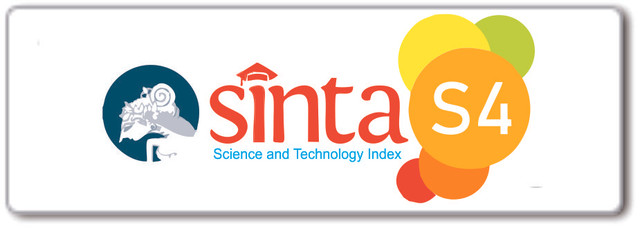The Impact of Cognitive Conflict Based Learning Tools on Students` Mathematical Problem Solving Ability
Abstract
This study aims to produce effectiveness from the development of learning tools through the concept of algebraic forms using Cognitive Conflict-Based Learning (PbKK) models for mathematical problem-solving abilities that are implemented in the Learning Implementation Plan (RPP) and Student Worksheet (LKPD) that are valid and practical. The method used is the Plomp design research model which consists of three phases, namely the preliminary research phase, the development phase (development or prototyping phase) and the assessment phase. The subjects of the study were the seventh grade students of junior high school. Data collection techniques used was posttest tests from two classes, namely the experimental class and the control class. Data analysis techniques are using the Independent-Sample T Test. The analysis shows that p-value = 0.034 <0.05 means that there are significant differences between the two classes. So, the development of Cognitive Conflict-based learning tools has a positive impact on students' mathematical problem solving abilities in algebraic form material.
























